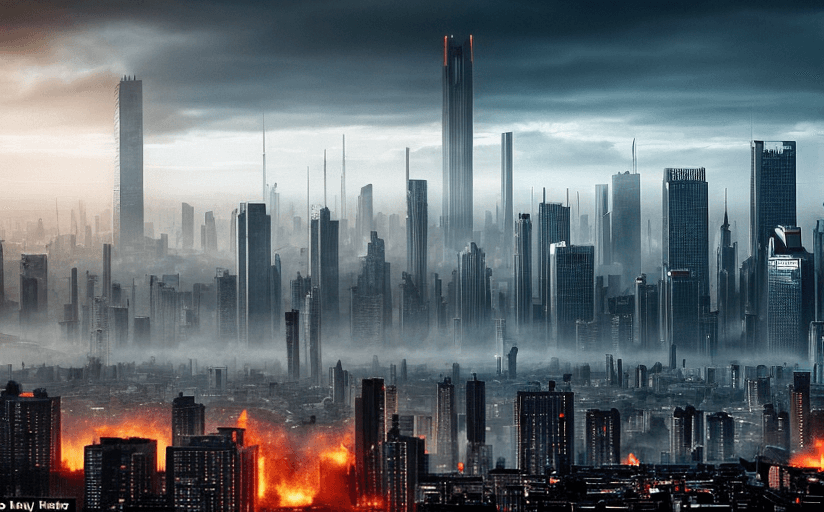The Evolution and Influence of Dystopian Literature in Modern Society
Over the years, dystopian literature has seen tremendous evolution and growth in popularity, effectively molding societal perspectives and mirroring pertinent societal issues in unique and thought-provoking ways. With roots going back to the early 20th century, dystopian narratives had emerged as a contrasting response to utopian literature and since then several esteemed authors have contributed to its development.
Key Authors in Dystopian Literature
From George Orwell's '1984' to Aldous Huxley's 'Brave New World', and more recent contributions like Suzanne Collins’ ‘The Hunger Games’, dystopian literature has been a platform for authors to reflect and critique societal issues. Orwell's work emphasized the perils of totalitarianism, manipulating the populace via a surveillance state whereas Huxley's novel painted a society entrapped in excessive pleasure and instant gratification. Collins, on the other hand, critiqued the obsession with reality television and the socio-economic disparities.
Dystopian Literature and Societal Issues
Dystopian narratives are deeply intertwined with the historical and contemporary societal issues. Themes of excessive state control, erosion of individual privacy, environmental degradation, and problems associated with technological advancements are intrinsic to dystopian literature, thereby holding up a mirror to our contemporary society. These themes resonate with readers because they capture their anxieties and fears, presenting a heightened reflection of our society.
Dystopian Literature and the Future
A unique facet of dystopian literature is its ability to shape our perspectives on the future of societies. These narratives allow readers to critique and question the directions that current societal, political, and technological trends may take. They stimulate contemplation on human dignity and freedom, resilience of the human spirit, and the means through which societies can navigate challenges.
Popularity of Dystopian Literature
The popularity of dystopian literature has grown exponentially in recent years. The onset of technological advancements and the rapid onset of environmental changes have triggered an increased interest in dystopian narratives. Such literature capitalizes on the insecurities and fears associated with the future, providing an avenue for readers to explore potential societal consequences.
Dystopian Narratives and Contemporary Concerns
Dystopian narratives often comment on contemporary societal concerns by depicting heightened or extrapolated versions of them. Themes such as authoritarianism, environmental degradation, and threats of technological advancements, expressed through dystopian narratives, act as a critique and cautionary tale for modern society.
In conclusion, dystopian literature has evolved significantly over the years and continues to influence our society. It contributes to shape our perspectives on societal problems and the future, stimulates reflective thought, and satisfies our curiosity about the unknown. As we move forward, dystopian narratives are poised to become even more influential in shaping our perspective on society and its potential futures.

















Comments
Leave a Comment